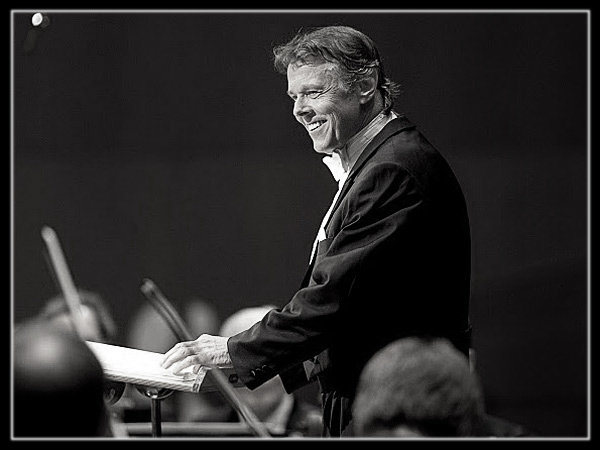Ten Recordings to Remember Mariss Jansons By
Photo of Mariss Jansons by Astrid Ackermann
Mariss Jansons died last month, on November 30th. His passing, at 76, comes earlier than we somehow would expect from a great conductor - since we tend to perceive great conductors bathed in a gentle glow of immortality. (And because conductors, despite exceptions, tend to live long and active lives.) But it did not come entirely unexpected, either, after his past and recent health failings and his preternaturally frail appearance. Between my first Mariss Jansons concert with Amsterdam's Royal Concertgebouw Orchestra at the Kennedy Center in 2006 (ionarts review) until my last review of a Jansons-concert (with the Bavarian Radio Symphony Orchestra at Munich's Gasteig) almost exactly ten years later (ionarts review here), he had been one of the conductors I had followed the most closely and heard the most often. I cannot say that I was always entirely enamored by the results, but often enough impressed and on some occasions blown away. Much the same goes for his recorded output which isn't very even but which contains much quality, some of which truly stands out. These are ten recordings that I think represent Jansons rather well and include the four bands with which he worked the most (Oslo, Pittsburgh, Amsterdam & Munich) the best. Failing that, they are those recordings I am most











































































